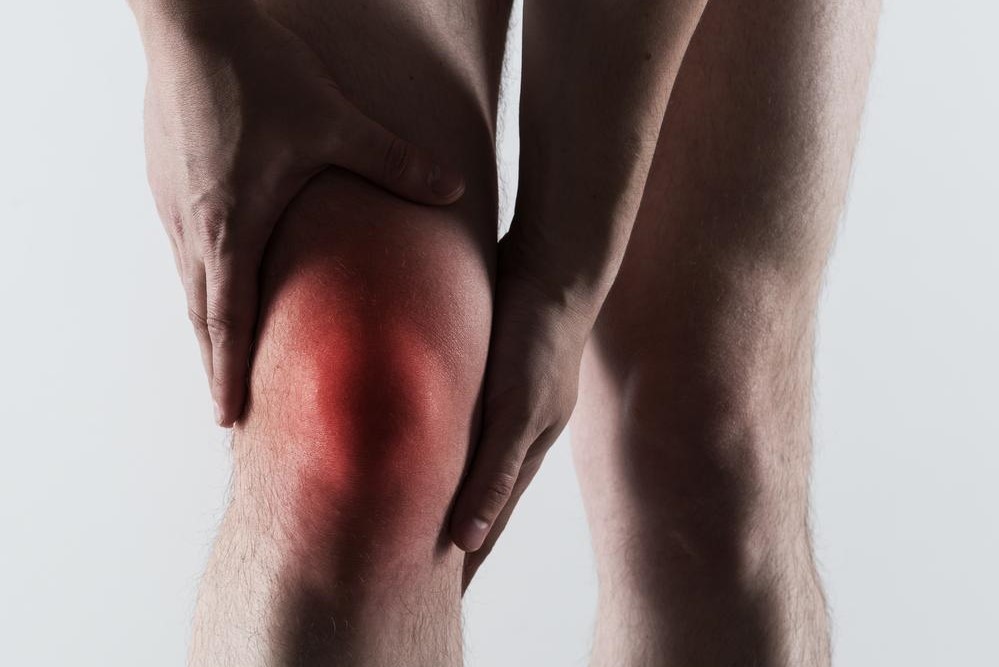Understanding Persistent Leg Discomfort: Common Causes and Indicators
Persistent leg discomfort can signal underlying health issues such as muscle strains, tendinitis, or blood flow problems. This article explores common causes and symptoms of chronic leg pain, emphasizing the importance of medical consultation for accurate diagnosis and treatment. Recognizing these signs early can help prevent complications and improve quality of life. If you experience ongoing leg pain, seek professional advice to determine the root cause and receive appropriate care. Regular check-ups and awareness are key to managing leg health effectively.

Understanding Persistent Leg Discomfort: Common Causes and Indicators
Experiencing ongoing leg discomfort is quite prevalent today. Such pain might stem from injuries, excess weight, or overuse of the leg muscles. Often, these sensations diminish over time or can be alleviated with home remedies. Nonetheless, persistent leg pain warrants medical evaluation, as it could signal underlying health issues. Here, we explore some typical reasons behind chronic leg discomfort and what you should watch for.
Muscle Overexertion
Overuse of larger muscles such as calves, quadriceps, or hamstrings can cause tears in muscle fibers, leading to persistent pain. This may happen after strenuous activities or inadequate rest.
Tendon Inflammation
Inflamed tendons, especially around the heel or hamstring areas, can restrict joint movement and cause ongoing discomfort. Tendinitis often results from repetitive strain or injury.
Blocked Arteries (Atherosclerosis)
When arteries narrow due to cholesterol and fat deposits, blood flow decreases, depriving leg tissues of oxygen. This reduced circulation can cause chronic pain in the legs.
Joint Degeneration (Arthritis)
Arthritis causes inflammation and swelling in hip and knee joints, leading to continuous leg pain. It’s a common condition affecting joint health over time.
Excess Uric Acid (Gout)
Gout, a form of arthritis triggered by high uric acid levels, can cause intense pain primarily in the lower legs and ankles, often accompanied by swelling.
These conditions highlight some medical reasons behind relentless leg pain. Consultation with a healthcare professional is recommended to rule out serious underlying issues.










